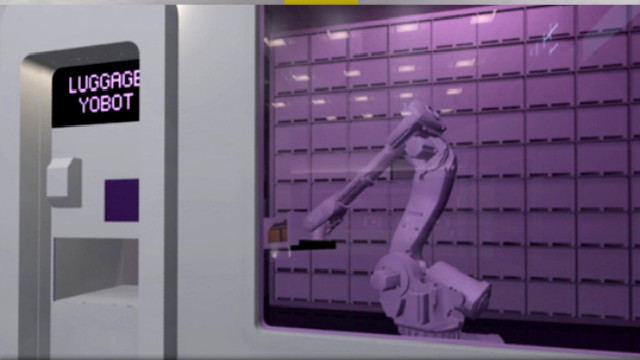Science based Learning is about to become Mainstream

What is the best strategy to learn / memorize? Taking a look at Amazon you will find a wide variety of books on that topic and I am pretty sure that the strategies described in those books will be effective, some more and some less. But the biggest enemy of effective learning can’t be taken away by applying those strategies because it’s something that is fundamental and essentially more important than having a strategy: motivation or or in other words the lack of motivation many learners experience.
Face it, the vast majority of mankind gets easily distracted and bored and learning is usually not at the top of the list for most people when they think of fun activities. The thing is, pundits like Herrmann Ebbinghaus for instance already came up with proven methods how to learn more effectively and even more importantly how to memorize the information learned over a longer period of time. Figuring out how to memorize best is not a all a new thing or recent phenomenon.
The problem in those days was that in order to be effective you needed to set up a very organized and rigid learning schedule without a computer as Ebbinghaus published his book “Über das Gedächtnis” / On Memory in 1885.
Fast forward to the PC era. You now had software that worked based on spaced repetition methodology but the PC itself was still not an essential part of our lives, it was basically a better typewriter. That began to change with access to the Internet and really took of with web 2.0. All of a sudden the PC became the place where we find information, not old media like TV, and the place to connect with our friends and family, not the telephone anymore. But still, the PC was locked in our homes.
With the rise in smart phones, relatively cheap data plans, the cloud and applications we are now enabled to do what we want or need to do anywhere at any given time which also includes learning.
Mobile technology and applications based on research carried out in the field of memory and cognitive science have the power of enabling a large group of people to learn effectively for the first time in history.
Up to now learning in school or college was based on tradition and lesson plans and undoubtedly some well-respected methods but without real scientific evidence that the way we learn is actually the best way we could learn. It’s just the way some people decided on and we have always done it ever since.
Implementing scientific methods into a standard curriculum is of course a hard thing to do and humans will always try to work a way around strict rules and regulations and yes new things often appear to be a little scary to not only a handful of people as humans tend to feel comfortable with what we have accepted as the standard, the way to do certain things. That is true for both the learner as well as the teacher side.
Applications cannot be changed and in most cases we don’t even know how the method which forms the basis of an application for instance actually works as most of us don’t know how a computer actually works. The important thing for the user is that it works, in the case of learning applications the important thing is that I learn and memorize information.
If those applications are then sugar coated in form of edutainment / gamification features that trigger our inner will for winning and competing with each other, effective learning is just a mouse click or tap of a finger away.
Here are some mobile and web applications that are based on scientific research.





